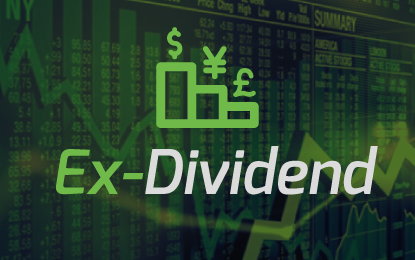In the ever-changing landscape of investment, the ASX has emerged to investors as an opportunity to long-term financial success. Whether you’re a seasoned investor or a newcomer dipping your toes into the Australian share market, grasping the advantages, risks, and strategies to navigate the ASX is absolutely crucial.
Here’s what you should know.
What are the benefits of investing in shares?
Dividends:
Dividends are a cash reward, handed to you at the discretion of the company’s directors, but only if they’ve had a profitable year. The more units of the shareholdings you own, the more money you receive.
Capital Growth:
Selling a share for more than you paid for it is known as Capital Gain. This happens when an individual experiences a significant rise in share prices and is one of the long-term objectives of investing in shares.
Shareholder rights:
When you buy stocks, you own a piece of the underlying company, making you a shareholder. This brings you a seat at the table for annual general meetings, the power to cast votes on board resolutions, and the ability to receive ongoing reports and updates about the company’s journey. All these insights help you gauge the ongoing worth of your investment.
Tax benefits:
If the company you invest in has already paid tax on their profits, ‘franking credits’ can be tagged onto those dividends that you receive. As such, these franking credits can then offset tax that you might owe on other income. But remember, you should always seek independent advice on the tax intricacies of share trading.
How can I maximise the benefits of stock trading?
It’s important to embrace a long-term investment strategy. Carefully research and select strong companies with robust growth potential. Holding onto these investments may open the doors to dividends and voting rights.
What are the risks when investing in shares?
Volatility risk:
As share prices can rise and fall rapidly, be prepared for the value of your shares to fluctuate in a year. Volatility is a normal part of investing and there may be a chance of negative returns.
Capital intensive:
Building a diversified portfolio of individual stocks typically requires a substantial amount of capital.
Costs:
Investors may incur fees such as brokerage commissions and other transaction costs when trading stocks.
How can I minimise the risks of stock trading?
One of the most important concepts to consider when making an investment decision is that of risk and return. All investments have some level of risk. However, there are some ways to minimize the opportunity of risk.
Before investing, ponder your financial goals and assess whether the upfront costs are within your grasp. And if you’re eyeing alternative options and are capable to take on higher capable to take on higher risk, IC Markets offers CFDs.





